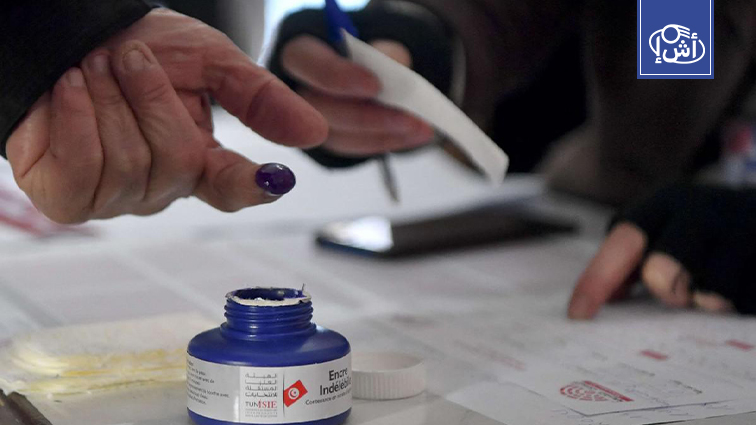Tunisian authorities have arrested three individuals for their involvement in forging electoral endorsement signatures, ahead of the presidential elections scheduled for October 6.
Judicial sources announced that investigations revealed that one of the detainees had seized a database containing personal information about 19,887 voters.
The judicial spokesman for the court of first instance explained during an interview with “Mosaique FM” radio that the authorities had confiscated more than ten thousand forged endorsements for several candidates, and the accused were charged with “forming a criminal conspiracy” and “fraud.”
On the other hand, political activist Nizar Chaari announced in a video on Facebook the arrest of his campaign manager and another activist, denying any involvement in purchasing or paying for endorsements.
In a related context, the submission of candidacy files began on Monday, where some documents sparked controversy, including the authorities’ refusal to grant “Card No. 3” from the criminal record to a number of candidates.
In this context, President Kais Saied announced his candidacy for a second term, expressing his commitment to the “sacred national duty.”
The phrase “forming a criminal gang” refers to forming a group or gang with the aim of committing certain crimes, and according to Tunisian law, the penalty for this crime ranges from long-term imprisonment, administrative monitoring, and a ban on residence, in addition to confiscation of funds and special detention.
As for fraud in Tunisian law, it refers to deliberately changing the truth with the aim of harming others, and Tunisian law punishes this crime with imprisonment and fines, and the penalties depend on the seriousness of the act and the resulting damage.
Libya…. Transforming the Abu Kamash-Ras Jadir area into a military zone
